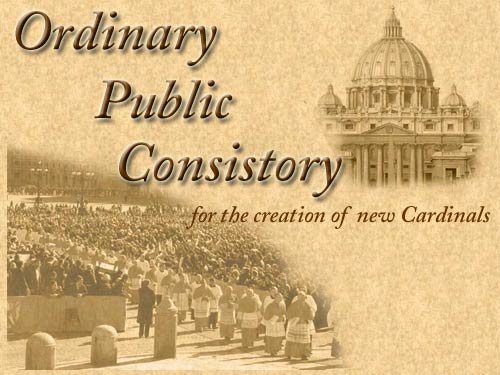I really don’t know why I decided to read this. I’m not interested in mathematics, and have no great interest in David Leavitt’s work. Well, scratch that – I do know why I picked it – I like historical fiction and the brief notices I read about the book established a central tension in the book as between rationalism and spirituality. Here’s part of the publisher’s synopsis:
Ambitious, erudite and well-sourced, Leavitt’s 12th work of fiction centers on the relationship between mathematicians G.H. Hardy (1877–1947) and Srinivasa Ramanujan (1887–1920). In January of 1913, Cambridge-based Hardy receives a nine-page letter filled with prime number theorems from S. Ramanujan, a young accounts clerk in Madras. Intrigued, Hardy consults his colleague and collaborator, J.E. Littlewood; the two soon decide Ramanujan is a mathematical genius and that he should emigrate to Cambridge to work with them. Hardy recruits the young, eager don, Eric Neville, and his wife, Alice, to travel to India and expedite Ramanujan’s arrival; Alice’s changing affections, WWI and Ramanujan’s enigmatic ailments add obstacles.
The tension rests in the fact that Ramanujan attributed his ideas to divine intervention – dreams and messages sent by a goddess – and Hardy is a professed atheist (who constantly tries to trick God, however.)
 Meh. I agree with the WaPo reviewer who is quoted on the Amazon page – the novel is slow, has at least one unnecessary subplot, perhaps two. Leavitt is trying to situate the central relationship in a particular, detailed lanscape (mostly Cambridge and bit beyond during the Great War), as one would in a historical novel, but the problem (one of them) is in the choice of Hardy as the locus of narrative perspective – he’s just not that interesting – in fact, he’s not interesting at all – while Ramanujan is terrifically intriguing, but since we only see him through Hardy’s eyes, he is always just out of reach. Which is perhaps part of the point, but very unsatisfying.
Meh. I agree with the WaPo reviewer who is quoted on the Amazon page – the novel is slow, has at least one unnecessary subplot, perhaps two. Leavitt is trying to situate the central relationship in a particular, detailed lanscape (mostly Cambridge and bit beyond during the Great War), as one would in a historical novel, but the problem (one of them) is in the choice of Hardy as the locus of narrative perspective – he’s just not that interesting – in fact, he’s not interesting at all – while Ramanujan is terrifically intriguing, but since we only see him through Hardy’s eyes, he is always just out of reach. Which is perhaps part of the point, but very unsatisfying.
And that promised central tension between rationalism and spirituality never really plays out – maybe because there are so many other things to busy ourselves with. There’s a great paradox in Hardy, too, in that while he professes atheism, he also plays a game of teasing/testing God (whenever he wants something to happen, he prays for the opposite to happen) and he has frequent visits from the spectre of a dead lover – all of these threads are never pulled together in ways that ask either character to any degree of self-examination – these things – Ramanujan’s visions, Hardy’s conflicted relationship to the spiritual world – are narrated, but never challenged, never brought into conflict, so they are just…there.
Elegant Variations ran an “Indian Clerk Week” back in August. More resources and info.
Leavitt explains his choice of point of view, which makes very good sense, but unfortunately, at least for me, the end effect is an excavation of a character (Hardy) I really didn’t care much about.
For me, the most crucial decision in writing fiction is point of view. I knew from the start that I would not attempt Ramanujan’s point of view. (Correction: I do enter his head—twice, I believe—in the novel.) This was mostly because I didn’t feel I had the right or the authority to make a guess as to whether Ramanujan was, as he himself claimed, religiously devout, or whether, as Hardy insisted, he went through the forms of religious piety in order not to offend his family. Also, from a narrative standpoint, I wanted Ramanujan to exist for the reader much as he existed for the men and women he encountered upon his arrival in Cambridge: as an enigma, an emissary from a mysterious and alien world.

